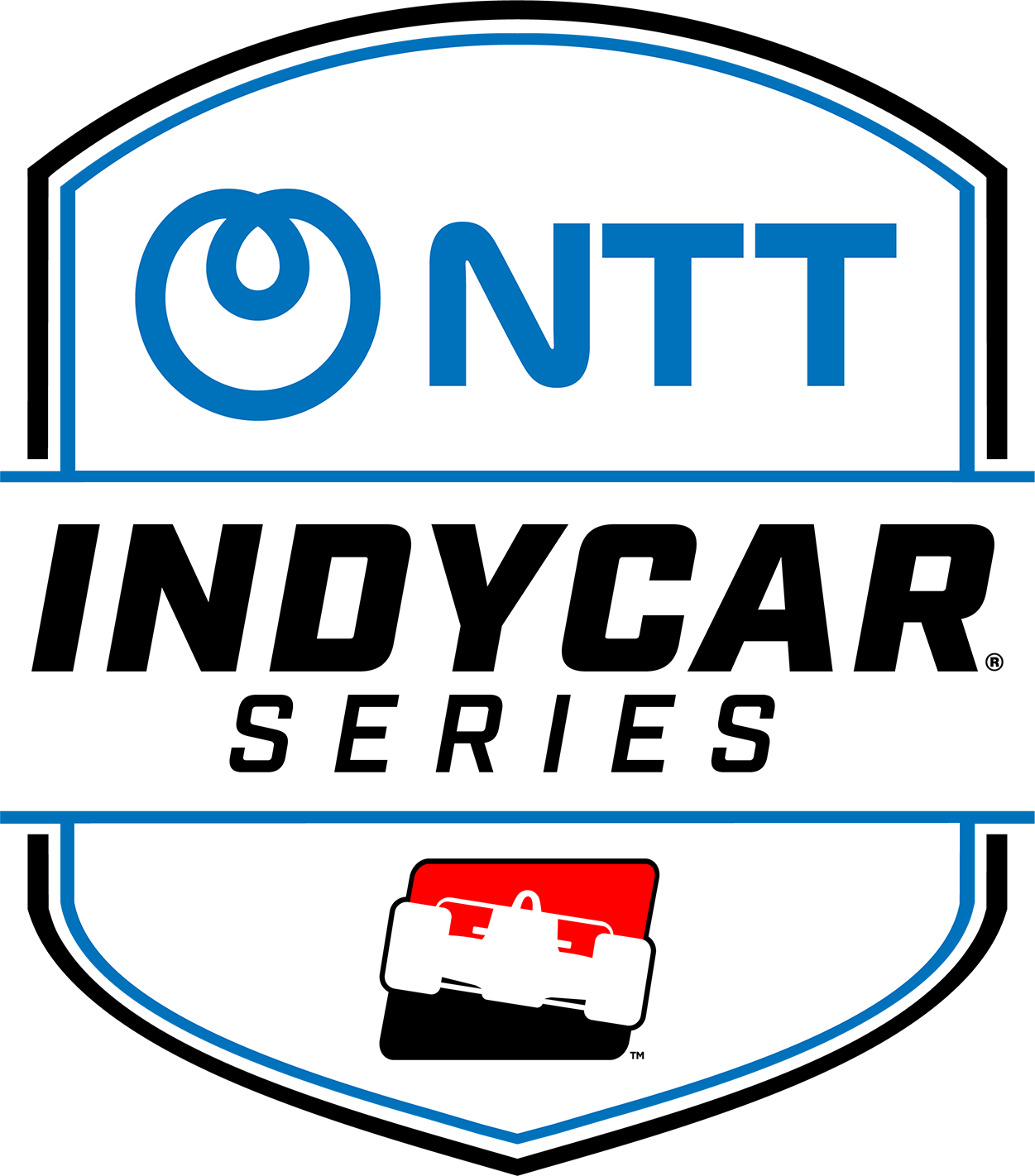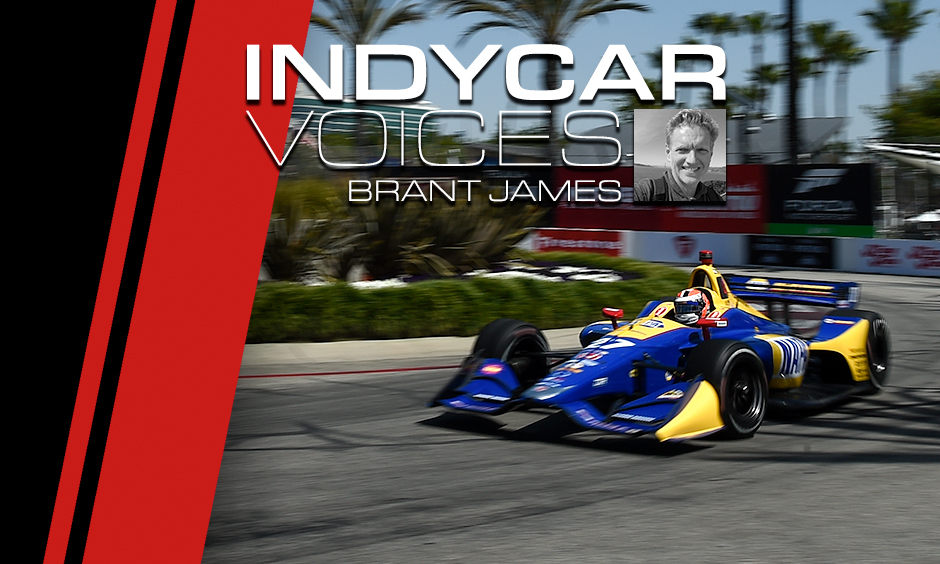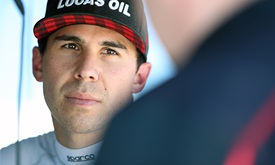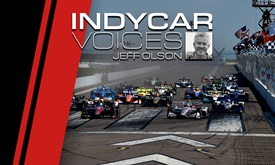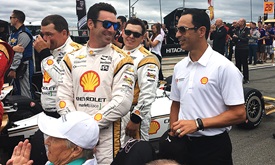Gateway provides drivers welcome chance to get back in comfort zone
AUG 24, 2018
With 31 laps left in the Bommarito Automotive Group 500 last August, Josef Newgarden sensed a moment. And he exploited it. He didn’t overanalyze it. He didn’t consider the repercussions – on multiple levels – and he didn’t hesitate.
In throwing his Team Penske Chevrolet hard into Turn 1 at Gateway Motorsports Park, he jeopardized his bid to win a first Verizon IndyCar Series championship. He did so without regard of the title defense of teammate Simon Pagenaud, with whom he brushed wheels plumbing the narrowest of inside lanes before completing a pass in an otherwise uneventful fourth and final win of the season.
One could have crashed into the wall. Or both. Neither did.
Newgarden made it work. Pagenaud calmed after fits of pique in the minutes after the race. Everyone was well physically and eventually emotionally after Newgarden had injected the variable of calculated mayhem into a volatile scenario at high speed.
If Newgarden were to have taken thoughts of his physical well-being into that corner, he likely couldn’t have pulled it off. He might have back off. He might have hesitated or overestimated enough to send he and Pagenaud into the wall or worse.
“Yes, absolutely,” he admitted on Wednesday.
And that is why he and his peers absolutely will block out the crash and injuries sustained by comrade Robert Wickens on Sunday at Pocono Raceway. For those upcoming few hours on Saturday night between the green and checker flags at this year’s Bommarito Automotive Group 500 presented by Axalta & Valvoline. It’s a must.
“Look, if your mind is somewhere else or if you have any second thoughts or second guesses … if you second-guess things, you can't perform at a peak level, and that's where a driver has to thrive,” said Newgarden, who won at Iowa Speedway in 2016 less than two weeks after breaking his clavicle and wrist in a crash at Texas Motor Speedway. “They have to drive at peak response time and peak decision-making, and you can't have anything cloud that.
“I think all these guys in the sport, they have to be able to do that … and pretty much everyone is able to do that. I think if we weren't, we wouldn't be at this level. So yeah, it's all part of it, and in a tough way, it's all part of it.”
That doesn’t suggest this weekend will be easy. But creative tunnel vision is an acquired job skill in racing, where decisions and variables of and beyond the means of these daredevils in firesuits sometimes conspire to impact races, seasons and lives.
“It's tough. I mean, it's really tough,” Newgarden, the defending series champion, said. “But I think what race car drivers are good at is compartmentalizing. You have to be in this job. You've got to focus on the task at hand when you're on the racetrack. Unfortunately, if you can't do that, then it's a tough job to have. It's a tough job to continue to do day after day. I don't think you're able to do your job if you can't compartmentalize.
“Really it's difficult. It's difficult when someone gets hurt and you're close to someone that gets hurt. But at the same time, you've got to be able to switch gears. When you get on the racetrack, you've got a job at hand, and that's where all your focus has to be for that time period. You can think about it after you get off the track. But when you're on the track, you've got to focus on one thing. Race car drivers, they're really good at doing that, at least the guys at this level have to be really good at it, and that's just kind of the way it is.”
As with other professionals who deal in work environments where injury is a constant variable for themselves and co-workers, race car drivers find solace in the mundane business of a normal work day. And in commiserating with each other, looking each other in the eye, bonding over these trying situations.
Drivers will be back trying to re-establish normalcy on Friday, afforded a return to work and a change in scenery in the final oval race of the season at Gateway.
“The best place for us is at the racetrack,” Newgarden said. “The quicker you get back to the track, the better. I think that's just always been the case with drivers. I think for a lot of the members within the community, it's just … that's what we do. That's what we love.
“Wickens would want to do the same thing, I would think. As much positive energy as we're sending to him, we're going to try and funnel a little bit of that into the race weekend, too, for this weekend. But that's just what we do at the end of the day, and I think it's what brings us a lot of comfort is going back to our job and our passion.”
And doing, not thinking.
